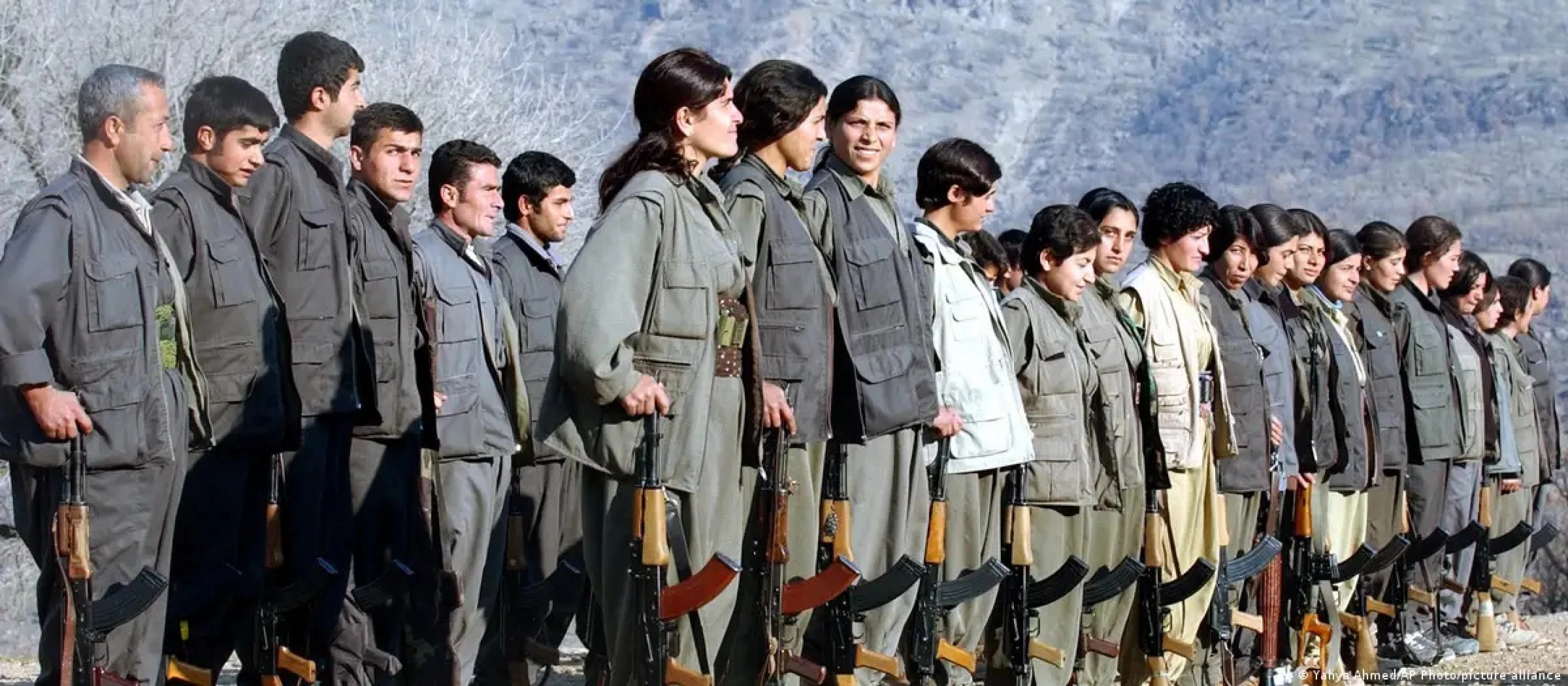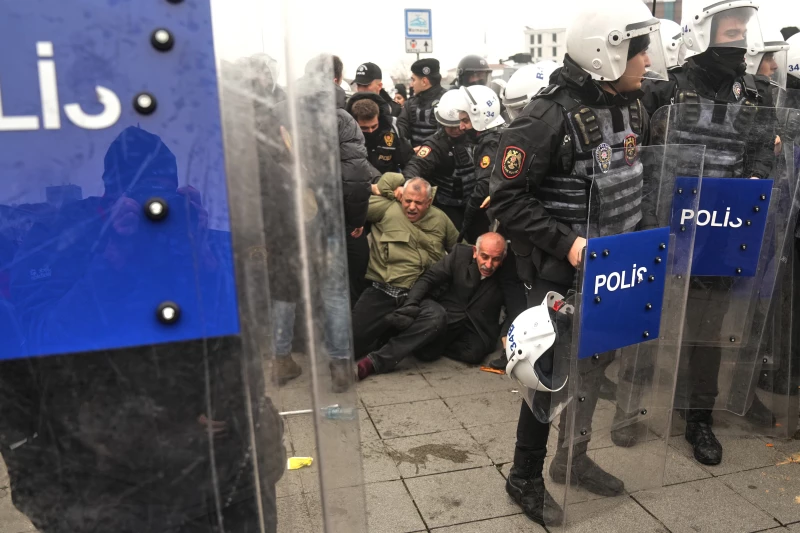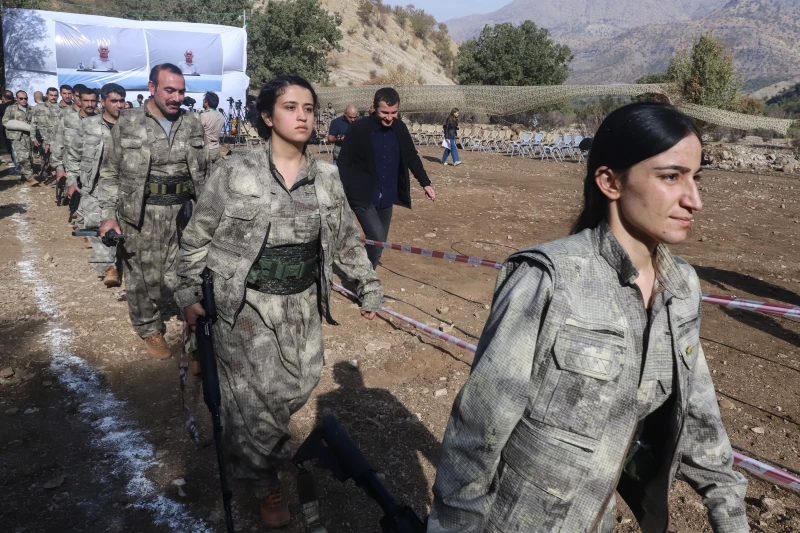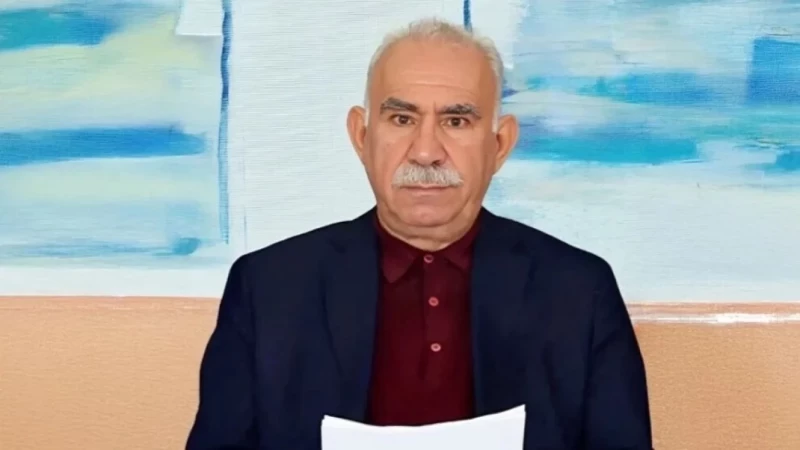ERBIL, Kurdistan Region of Iraq – The Kurdistan Workers’ Party (PKK) announced on Monday that it has withdrawn its fighters from the strategic Zap region on the Kurdistan Region-Turkey border to “different and more suitable areas” to protect them from conflict, as part of a broader Ankara-PKK peace process.
“The Movement’s leadership announces that guerrilla forces, which were at risk of conflict in the Zap region … had withdrawn to other areas,” the PKK-affiliated Firat news agency announced. “We believe that this new step will serve as a solution to the Kurdish issue and the peace and democratization of Turkey.”
The decision follows another historic PKK step in late October to withdraw “all of its forces” from Turkey to the Medya Defense Areas in the Kurdistan Region, where the group’s headquarters in the Qandil Mountains is located.
It comes as part of a broader peace initiative between Ankara and the Kurdish group, dubbed the Peace and Democratic Society Process.
In the statement, the PKK said that its decision to withdraw from Zap is part of “conflict-preventing measures in areas along the border where there was a risk of conflict.”
“As of the evening of November 16th, our forces in the Zap region that had been at risk of conflict have withdrawn to other suitable areas,” it explained.
The Kurdish group hailed its decision as a “significant practical contribution” to the peace process, calling on Ankara to follow suit with practical steps.
The PKK held a landmark congress in the Kurdistan Region in May, wherein the group decided to dissolve and disarm upon the call of its jailed leader Abdullah Ocalan, ending a four-decade armed campaign against the Turkish state that has resulted in tens of thousands of casualties.
In July, dozens of PKK fighters burned their weapons in a symbolic disarmament ceremony in the Kurdistan Region’s Sulaimani province.
A day after the Kurdish group announced the withdrawal of its forces from Turkey, the pro-Kurdish Peoples' Equality and Democracy Party (DEM Party), the main mediator of the peace talks, said the first phase of the peace process between Ankara and the PKK had been completed.
Ocalan, as well as DEM Party, has repeatedly expressed concern over the lack of concrete measures and the failure to establish a political framework to ensure the success of the process. They have also decried the lack of guarantees for the disarmed Kurdish groups and the use of inflammatory language in pro-Ankara media.
Founded in 1978, the PKK began as a movement for Kurdish independence but later redirected its efforts toward gaining political and cultural rights for Kurds in Turkey. Ankara and many Western governments classify the group as a terrorist organization.



 Facebook
Facebook
 LinkedIn
LinkedIn
 Telegram
Telegram
 X
X


